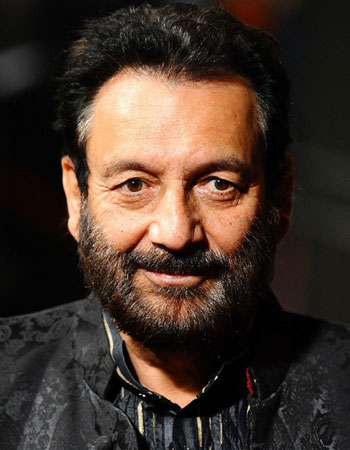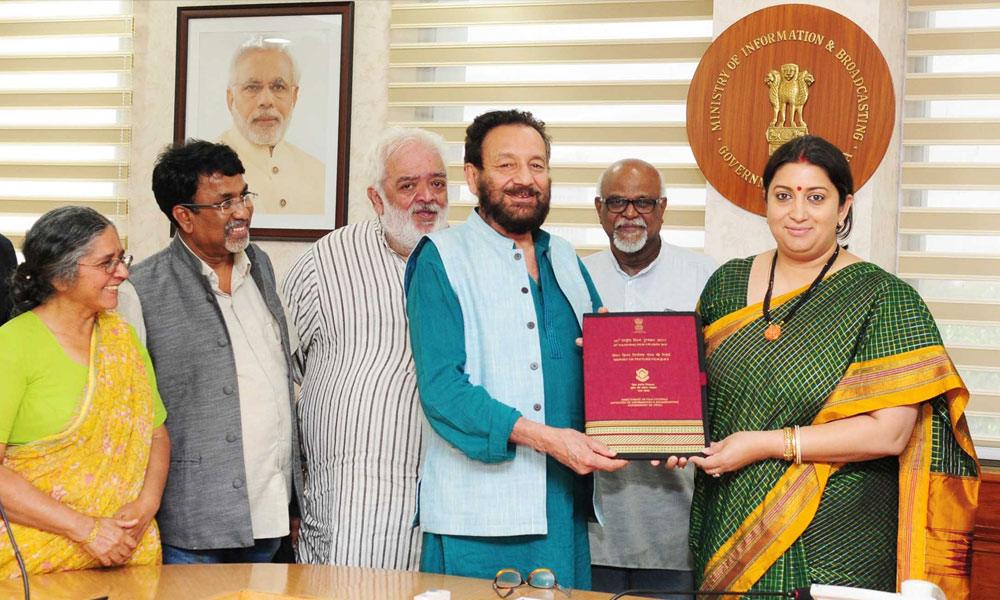Shekhar Kapoor (शेखर कपूर)

Shekhar Kapur: A Legendary Director of Indian Cinema
Shekhar Kapur is a celebrated Indian film director, producer, and screenwriter, known for his exceptional contributions to both Indian and international cinema. Born on December 6, 1945, in Lahore, British India (now Pakistan), Shekhar Kapur hails from a family deeply rooted in the arts and cinema. He is the nephew of renowned filmmaker Dev Anand and has had a highly diverse and illustrious career that has redefined cinema on multiple levels.
Early Life and Education
Shekhar Kapur was born into a Punjabi Hindu family. His father, Kulbhushan Kapur, was a doctor, and his mother, Sheel Kanta Kapur, was a homemaker. Shekhar completed his education in Delhi and earned a degree from Delhi University. Initially inclined toward a career in medicine, Shekhar’s passion for storytelling and cinema led him to shift his focus toward films. During his studies, he developed a keen interest in acting and filmmaking.


Career Beginnings
Shekhar Kapur began his career as an actor in the late 1970s, appearing in a few films. However, his acting career did not achieve significant success. Undeterred, he transitioned to direction, making his debut with the critically acclaimed film Masoom in 1983. The film, a sensitive story about family and relationships, earned widespread praise and established Shekhar Kapur as a talented director.
Key Films and Achievements
Shekhar Kapur’s career reached new heights with the release of the iconic film Mr. India in 1987. Starring Anil Kapoor and Sridevi, the movie is considered a classic in Indian cinema. Its innovative storytelling and unforgettable characters made it a milestone in Bollywood history, earning Shekhar Kapur numerous accolades.
In 1994, Shekhar Kapur directed Bandit Queen, a biographical drama based on the life of Phoolan Devi. The film received critical acclaim and international recognition, premiering at the Cannes Film Festival. It showcased Kapur’s ability to tackle complex social issues through compelling storytelling.
Shekhar Kapur gained global fame with the release of Elizabeth in 1998, a historical drama based on the life of Queen Elizabeth I. The film received seven Academy Award nominations and established Kapur as a major figure in international cinema. He followed it up with the sequel, Elizabeth: The Golden Age (2007), further cementing his place as a director of international repute. Other notable works include The Four Feathers (2002), which also received critical appreciation.

Awards and Honors
Shekhar Kapur has been the recipient of numerous prestigious awards throughout his career, including:
• BAFTA Awards
• National Film Awards
• Filmfare Awards
• Recognition at international film festivals, including Cannes.
His films are celebrated for their depth, unique storytelling, and masterful direction, earning him a distinguished place in both Indian and global cinema.
Legacy and Contribution
Shekhar Kapur’s career is a golden chapter in the history of Indian cinema. His films are known for their profound narratives, social relevance, and cinematic brilliance. He not only contributed significantly to Indian cinema but also elevated its status on the global stage. Through his work, Kapur has highlighted the power of cinema to address social issues and connect with audiences across cultures.
Shekhar Kapur will forever be remembered as one of the greatest filmmakers in Indian cinema. His name remains synonymous with excellence, creativity, and innovation, inspiring generations of filmmakers and cinephiles worldwide.
Last Update: 23-12-2024
Leave Your Suggestion